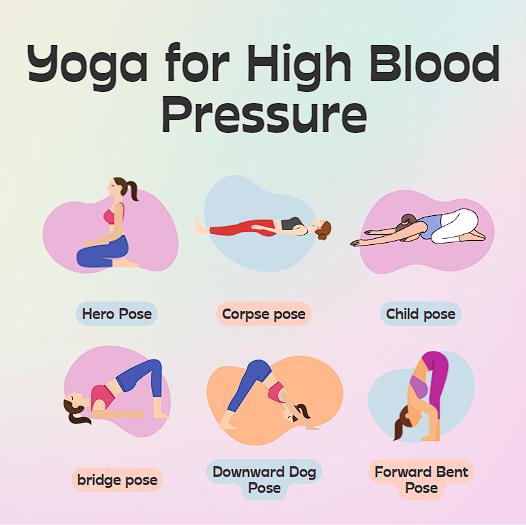Vitamin C is also known as ascorbic acid, and it is a water-soluble vitamin found in many foods. The main sources of vitamin C are citrus fruits and vegetables. It is an essential nutrient, which means that the human body cannot produce enough of it on its own, and it must be obtained in sufficient quantities through diet.
10 Best Source of Vitamin B12
1. Lemon
Lemon is rich in vitamin C. Lemon also contains folic acid and vitamin B. Lemon, which is rich in vitamin C, not only increases the body’s immunity but also acts as an antioxidant and reduces cholesterol. Vitamin C and potassium present in lemons are soluble, which means that consuming them in large quantities is not harmful.
2. Gooseberry
Amla, also known as Indian gooseberry, is one of the best sources of vitamin C. Doctors suggest that one Gooseberry contains 600 mg of vitamin C. 100 grams of fresh Gooseberry contains as much vitamin C as 20 oranges. In ancient Ayurveda, Gooseberry is known by different names, such as khatta, nur, amrata, and mata. Its consumption strengthens our immune system, controls diabetes, increases appetite, provides relief from heart diseases, cleanses blood, and strengthens hair.
3. Orange
Oranges are one of the best sources of vitamin C. About 60 to 80 milligrams of vitamin C are found in one orange, which is our daily requirement. Apart from vitamin C, minerals like antioxidants, vitamin A, vitamin B complex, calcium, sodium, and iodine are also found in oranges. Consuming oranges in the right quantity daily also protects us from diseases like cancer.
4. Grapes
Grapes contain vitamin C as well as vitamins A and B6. Grapes contain many types of minerals such as potassium, calcium, iron, phosphorus, magnesium, and selenium. Grapes contain many nutrients that reduce the risk of inflammation and heart disease. It maintains our mental health.
5. Tomato
Vitamin C is found in tomatoes. Vitamin B and calcium, phosphorus, magnesium, zinc, iron, and potassium are also found in abundance. Consuming tomatoes daily boosts our immunity and provides relief from problems like constipation. According to doctors, tomatoes should not be consumed if there is a problem of diarrhea.
6. Guava
Guava is a storehouse of many nutrients which protect our body from countless diseases. Vitamin C is found in abundance in guava. Guava is also an excellent source of vitamin A and beta-carotene. These nutrients help in improving eyesight and vision. Consuming guava daily makes our digestion healthy, reduces weight and strengthens the muscles.
7. Berry
The scientific name of plum is Ziziphus jujuba. Nutrients like Vitamin C, B1, B2, B3, B6, B12 and antioxidants are found in plum. Along with vitamins, they are also a good source of minerals. The vitamins and minerals found in them boost our immunity, make the heart healthy, keep the brain healthy, strengthen bones, increase blood flow and control high blood pressure.
8. Tumip
Turnip is a white root vegetable that is popular globally for human consumption and animal feed. Turnip is scientifically known as Brassica rapa. Turnip is considered a very good source of antioxidant minerals and fiber. Turnip contains vitamin C which is essential for the body and is a soluble anti-oxidant. Its consumption increases immunity in the body and protects the body from harmful free radicals, cancer and inflammation.
9. Cabbage
Cabbage contains vitamin C and also contains all the essential vitamins and minerals like vitamin K, B6, folate, manganese, calcium, potassium and magnesium. Cabbage also contains other micronutrients including vitamin A, iron and riboflavin. Consuming cabbage can reduce the risk of chronic diseases like diabetes, obesity, heart disease etc.
10. Spinach
Spinach is a good source of vitamins A, B2, C, E and K, iron, calcium, magnesium, manganese, phosphorus, zinc, selenium, copper, folate, protein and dietary fiber. Spinach helps in curing anemia by increasing the level of hemoglobin. It plays an important role in eliminating problems like constipation, gas and indigestion by improving digestion.


